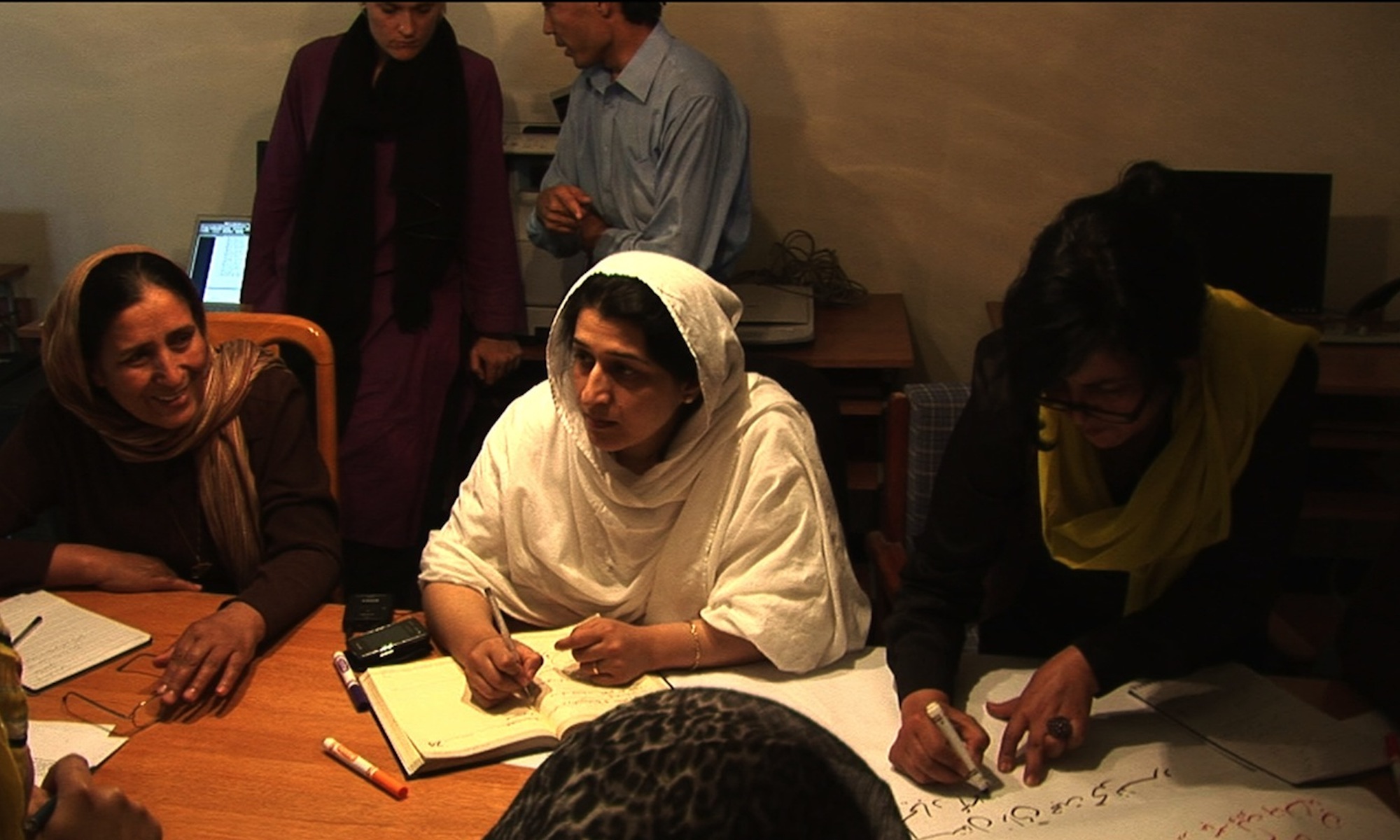Not Your Parents’ Political Party: Young Sunnis and the New Iraqi Democracy
The Revolution Will Not Be Tweeted
Judging by the popular press, in January 2011 Twitter and Facebook went from being simply engaging social diversions to become engines of political change that upended decades of Arab authoritarianism. It is tempting to be swept away by this narrative, which suggests that social media prompted hundreds of thousands, and then millions, of Tunisians and Egyptians to pour into the streets and peacefully demand change. Brittle authoritarian regimes had little choice but to comply, and in this way, social media irrevocably changed the future of the Middle East. Following the logic to its conclusion, it would suggest that the Middle East is on the brink of a period of democratic consolidation, as the ideals and tools of revolutionaries lead the region forward into a period of anti-sectarianism, liberalism, and hope.
Origins and Persistence of State-Sponsored Militias: Path Dependent Processes in Third World Military Development
This article uses a sequential mixed method approach to examine the origins and persistence of paramilitaries and state-sponsored militias in the developing world. Combining comparative case studies of Southeast Asia and the Middle East with statistical analysis, it shows that revolutionary decolonization produces more decentralized and localized force structures, while direct inheritance of colonial armies leads to more conventional force structures. Subsequently, the level of competition within the regional system influences whether a state can persist in the use of paramilitaries or must transition to a more centralized, conventional force.
